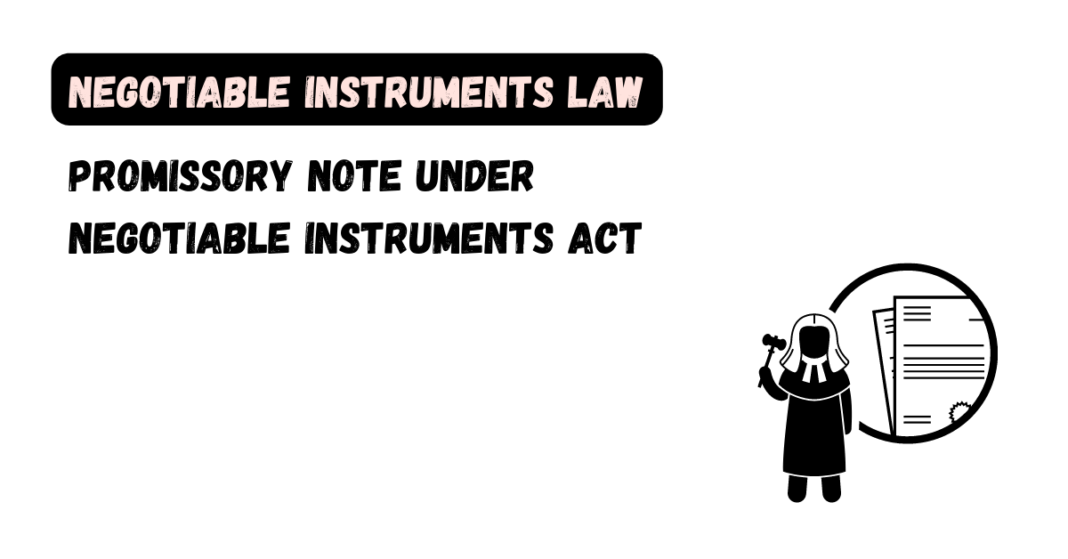A promissory note is a written agreement between two parties. In this agreement, one party (called the maker) promises to pay a specific amount of money to the other party (called the payee). It serves as an official record of a debt or obligation.
Promissory Note includes important details such as
- The amount of money that will be paid (“principal amount”).
- The date or dates when the payment is due (“maturity date”).
- Whether any interest will be charged on the loan and, if so, at what rate.
- Any other terms and conditions agreed upon by the parties involved.
The promissory note is legally binding, which means that both parties have to fulfill their obligations as stated in the document. If the maker fails to make the payment as promised, the payee can take legal action to recover the amount owed.
Promissory Notes can be used for various purposes
- Personal promissory notes are commonly used for loans between individuals, such as when a friend lends money to another friend.
- Commercial promissory notes are used for business transactions, like when a company borrows money from a financial institution.
- Demand promissory notes allow the payee to request payment whenever they want.
- Installment promissory notes involve repaying the loan in multiple payments over a specific period of time.
Promissory notes can be transferred from one person to another, usually through endorsement (signing the back of the note) and delivery to a new holder. This transfer of ownership allows the note to be bought and sold in the market.
Secured vs. Unsecured Promissory Notes
Promissory notes can be either secured or unsecured. In a secured promissory note, the note is backed by collateral, such as a property or asset. If the maker fails to repay the loan, the payee has the right to claim the collateral. In an unsecured promissory note, there is no specific collateral attached to the note, making it a riskier arrangement for the payee.
Acceleration Clause
Promissory notes may include an acceleration clause, which allows the payee to demand immediate repayment of the entire outstanding balance if the maker breaches the terms of the note. This clause provides additional protection for the payee in case of default.
Negotiability
Promissory notes can be classified as negotiable instruments, which means they can be transferred to a holder in due course. When a promissory note is negotiated to a new holder, that holder acquires the right to enforce the note and collect payment. This transfer can occur through endorsement and delivery of the note.
Legal Requirements
Promissory notes must meet certain legal requirements to be valid. These requirements may include:
- Being in writing.
- Clearly stating the promise to pay.
- Identifying the parties involved (maker and payee).
- Specifying the principal amount and any applicable interest.
- Providing a clear repayment schedule or maturity date.
- Being signed by the maker.
Promissory Notes and Interest Rates
If a promissory note includes an interest component, it should state the interest rate, how it is calculated (simple or compound interest), and the frequency of interest payments (e.g., monthly, annually). The interest rate should comply with usury laws that set a maximum limit on interest rates.
Legal Remedies for Non-Payment
If the maker of a promissory note fails to make the required payments, the payee has legal remedies to pursue. This may include taking the matter to court, obtaining a judgment, and seeking enforcement actions such as wage garnishment or property liens to recover the outstanding amount.





